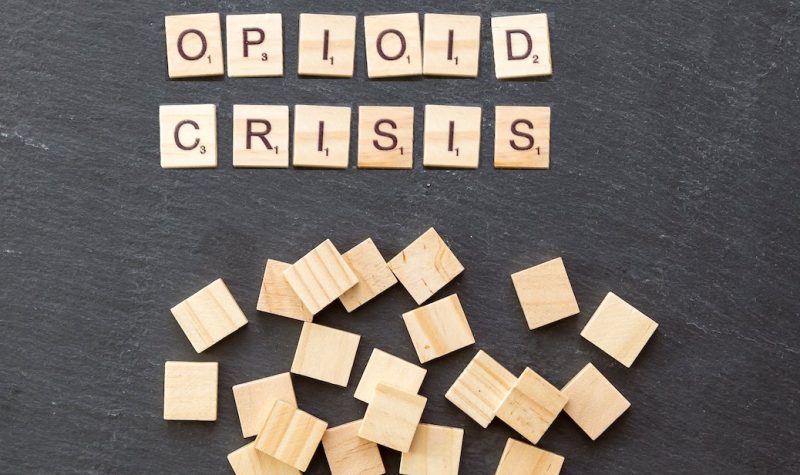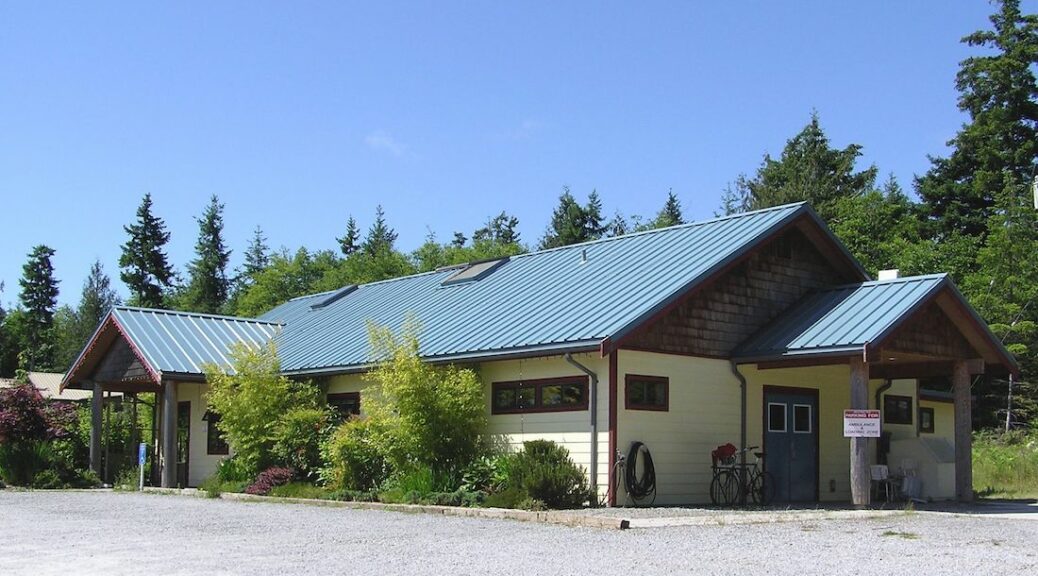By Roy L Hales
According to a recent report from the BC coroners service, there have been 30 suspected illicit drug overdose deaths in the North Vancouver Island Health Service Delivery area during the first eleven months of 2020. Fentanyl was detected in 22 cases. That’s in a population of more than 122,000, which probably explains why there have been no opioid related deaths reported on Cortes Island so far this year. The number of drug overdoses is far higher. Campbell River’s Fire Chief said there were times his men saved the same drug user more than once in the same day. Cortes Currents asked two medical professionals from the Cortes Medical Clinic for their observations of the Cortes Island 'opioid crisis'.
The Cortes Medical Clinic
Iain Law is one of the six doctors who take turns serving in the Cortes Medical Clinic. He has an established practise in Victoria, which is where he connected to our ZOOM chat.
“The Cortes Medical Clinic is a full service facility. We provide comprehensive care to anybody on the island. That means we are often the first point of contact for a lot of people with different health issues. We help people manage health issues and also help them navigate through the health care system including specialists and hospital care. Cortes is somewhat unique compared to other family practises in that we also provide emergency care in conjunction with BC Ambulance on the island,” he explained.
Do you deal with Opioids every day?
Dr Law added, “Opioids are a small part of what we do on a day to day basis.”
Do you deal with it every day?
“No,” he said.
“It is a clinic, anything can come through the door. Substance abuse, of any kind be it alcohol or drugs, has an impact on a certain percentage of those visits. Underlying substance abuse [sometimes] makes the condition they are coming in for worse, such as alcohol and heart disease or something like that. We are not seeing overdoses coming into the clinic on a rampant basis. You can’t really say it is the opioid crisis, but drug abuse certainly impacts some of the things that come through the clinic,” said Bernice McGowan, a registered nurse who works in the clinic as a casual nurse.
She qualified this answer, “I don’t see most of the people that come into the clinic.They aren’t necessarily coming in. Many are speaking on the phone and I don’t know what is happening on those phone calls. I’m not looking at their medical records. I don’t have access to a lot of that information, you’d have to talk to the doctor, but I do know there is a substance use impact on some of those clinic visits.”
McGowan also oversees Cortes Island’s home care sector.
“I wouldn’t say that my home care job is really impacted a lot by substance use issues. To some extent with certain clients, but not in any sense [as] ’the opioid crisis,’” she said.
Seeing part of the picture
“What we see in the clinic is just part of the picture,” explained Dr Law.
He suggested contacting the local British Columbia Ambulance Service, which was not available for comment.
“The patients we typically see, related to addiction issues, are patients that are concerned about their struggles with addiction and are looking for help. We try our best to connect them the appropriate services and offer to manage them on our own. That sometimes means connecting them with counselling and education around substance abuse. Not everything is on the island, there are addiction services in Campbell River that we work with. Sometimes pharmaceuticals are needed. There are various interventions, including opioid replacement therapy with either methadone or suboxone. We do some of that on the island, but certainly not a lot and not every day,” said Dr Law.
This is the first of two episodes coming out of our interviews. In part two, Bernice McGowan and Dr Iain Law discuss the way the opioid crisis is portrayed in the media.



